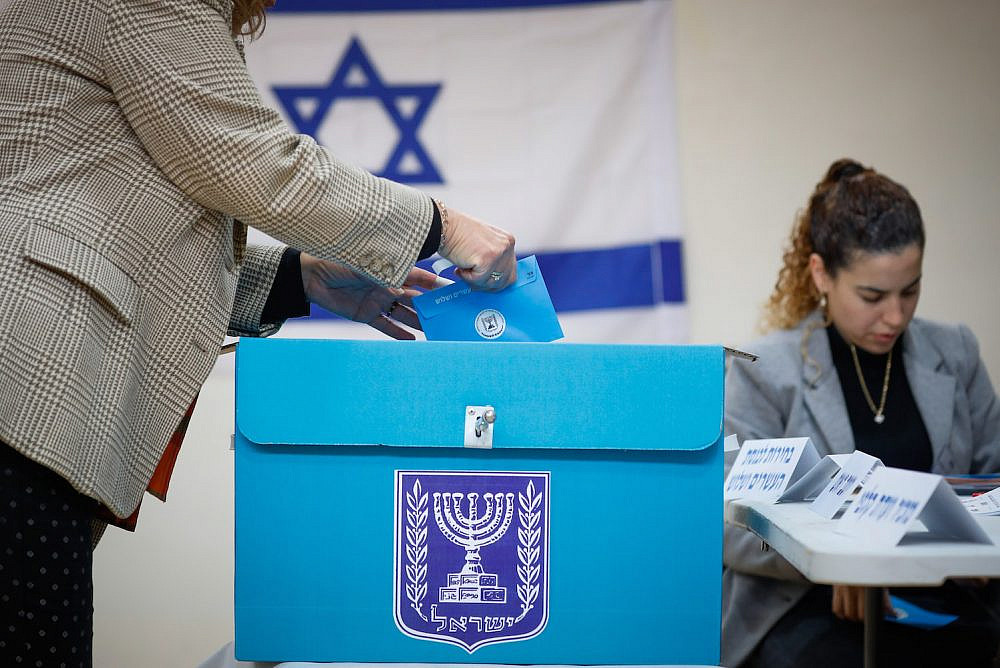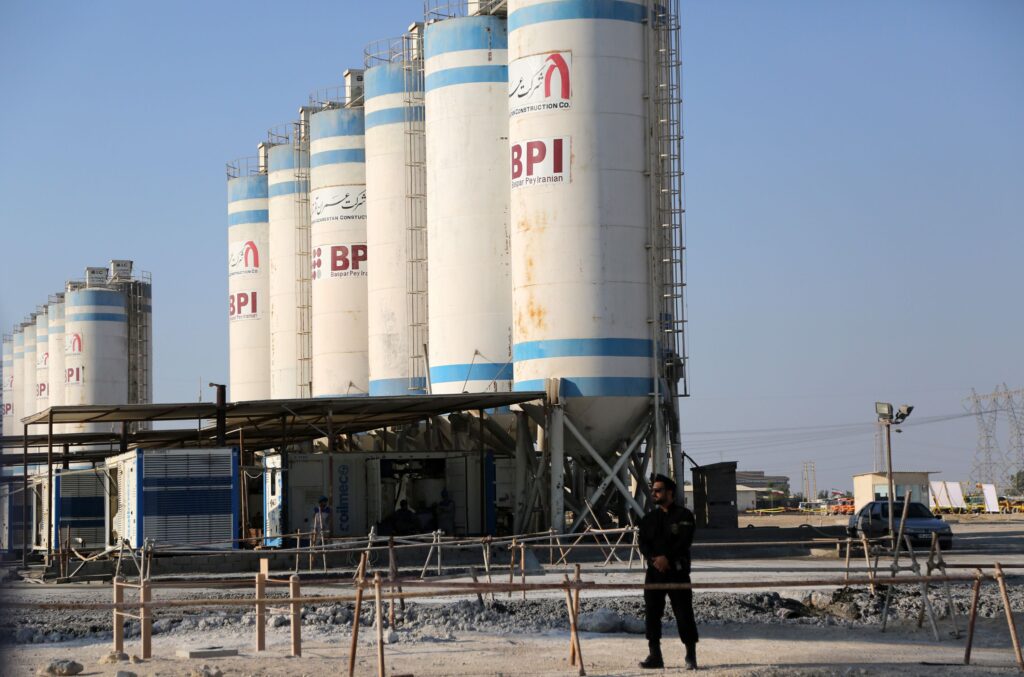
The president-designated party leader following Tuesday’s election will have four weeks to attempt to form a majority coalition with fewer seats. But winning elections is just half the struggle, even in Israel.
Reasons, why does Israel hang onto elections?
Should Israel be a Jewish country, or should a common greater part run government? – and simply out of the blue keeping an eye on the Israeli-Palestinian conflict have been the topics of debate between Netanyahu and his competitors as voters cast their ballots. Since what seems like forever, neither partnership has made the choice to grow a stable administration or get a convincing accomplishment.
It was announced just after midnight on Friday that Yair Lapid, the foreign minister of Israel and architect of the departing coalition government, would assume the position of temporary prime minister. He will become the fourteenth Prime Minister of Israel, taking over from Naftali Bennett, who served the shortest term of any Prime Minister.
For the first time in Israeli history, a coalition of parties with widely divergent ideologies, including the first Arab party, toppled twelve year leader Benjamin Netanyahu less than a year after the government was formed.
After days of wrangling between coalition and opposition MPs over the timing of fresh elections and other last-minute measures, the resolution to dissolve was approved with 92 lawmakers voting in favor and none against.
The decision marks the formal end of a political experiment in which eight Israeli parties from various political stripes attempted to find common ground following a period of extended deadlock in which the country staged four elections in two years.
Israeli politics have been in a long-running crisis, with Netanyahu’s continuing corruption prosecution at its center. The approaching elections constitute a continuation of this crisis. The four impasse-filled elections during the preceding three years mostly tested Netanyahu’s suitability to hold office while being accused of taking bribes, committing fraud, and betraying trust. Any misconduct has been refuted by Netanyahu.
According to polls conducted by Israeli media, Netanyahu and his allies are gaining seats, but it is uncertain if they will have enough to build a 61-seat majority in the 120-member Knesset. Israel may have new elections if neither he nor anybody else is able to do this.
Bennett declared he would be taking a break from politics and will not be contesting in the forthcoming elections on Wednesday. Following the creation of the government last year, his Yamina party was riven by infighting and fractured as its members rebelled against what they saw as Bennett’s excessive concessions to more liberal coalition mates.
The government failure to reauthorize an emergency law that safeguards Jewish settlers unique legal status in the occupied West Bank-one that most Israelis regard as crucial-dealt the death blow earlier this month. Since the Knesset was disbanded before the end of the month, the emergency law is automatically extended until the election of a new administration.
In a speech to the legislature prior to the vote, Netanyahu said that “they promised reform, they talked about mending, and they conducted an experiment, and the experiment failed.” We are the only option for a nationalist administration that is powerful, stable, and accountable.
By including an Arab party for the first time, the departing government coalition created history. To improve services and increase government support for Israel’s twenty percent Arab minority, Mansour Abbas, the chairman of the Islamist Ra’am faction, joined the coalition.
After the recent elections, Netanyahu and his supporters accused coalition members of working with terrorist sympathizers, despite the fact that Netanyahu himself had apparently courted the party.
There is widespread prejudice against Israel’s Arab inhabitants, and many Jewish Israelis see them as a fifth column because of their strong familial links to Palestinians living in the disputed West Bank of Gaza, as well as their general sympathy for the Palestinian people’s fight for independence.






